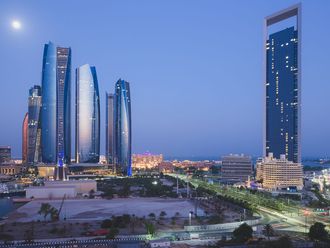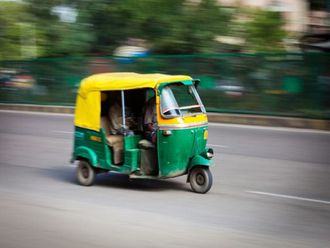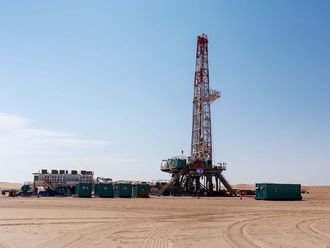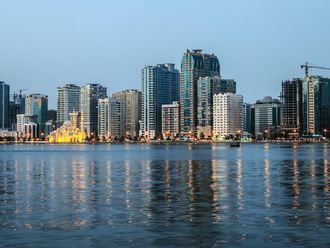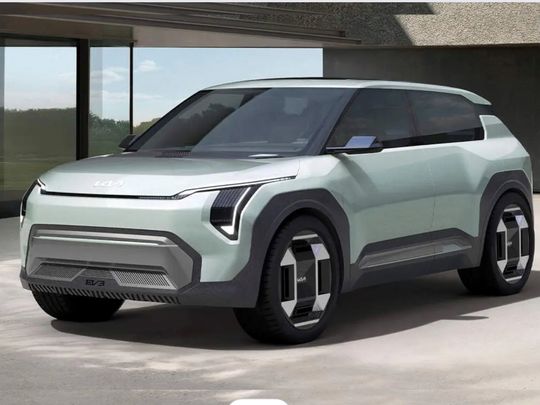
Highlights
- Nickel-cobalt-manganese (NCM) batteries NCM offers higher energy density compared to LFP (lithium iron phosphate) batteries.
- However, NCM batteries can be more expensive.
Manila: The recently-launched Kia EV3 has just clocked up more than 10,000 reservations in 23 days, new energy trade media reported on Tuesday (July 2, 2024).
It's a harbinger of things to come amidst a dramatic shift towards the electrification of transport, marked by a fast pace of innovations, especially in battery chemistry.
The Kia EV3 has been described by some industry observers as a "game-changer".
Turbocharging batteries
Hyundai Motor Group — whose brands include Hyundai, Kia and Genesis — is turbocharging its battery supply chain and production prowess to offer more price-competitive EV models with extended driving ranges.
Recently, Chilean lithium mining company SQM unveiled a long-term agreement to supply lithium hydroxide to Hyundai Motor Co. and Kia Corp.
This marks Hyundai's third lithium hydroxide supply deal this year – following agreements with China’s Ganfeng Lithium Co. and Chengxin Lithium Group.
Hyundai is the world's third-largest auto group. In EVs, the group nabbed sixth place in SNE Research’s global EV sales ranking for 2022, when it delivered 510,000 EV units, up 40.9 per cent from 2021, according to SNE Research.
The group sold 516,000 in 2023, according to local reports, lifting cumulative sales to 1.53 million units by the end of 2023.
Key to high-capacity batteries
Concerns about EV range anxiety remain a barrier to mass adoption, with many potential buyers skeptical about the mileage offered per charge.
Lithium hydroxide is crucial for high-energy-density ternary batteries like nickel-cobalt-manganese (NCM) batteries, which, though costly, provide longer driving ranges compared to lithium ferrophosphate (LFP) batteries.
Hyundai’s recent lithium hydroxide deals indicate a focus on incorporating high-capacity NCM batteries to enhance the driving range of future EV models.
Casper electric: 315km
Hyundai’s upcoming sub-compact SUV, the Casper Electric, promises a range of 315 kilometers on a single charge with its NCM battery, surpassing the 205 kilometers offered by Kia’s Ray EV with an LFP battery.
The Casper Electric, branded as Inster in Europe, debuted at the on-going Busan International Mobility Show (June 27 to July 7, 2024).
Similarly, Kia’s new EV SUV, the EV3, will feature an NCM battery.
Kia EV3: 501km
Its long-range variant, equipped with an 81.4 kWh NCM battery, offers up to 501 kilometers on a single charge. To reduce the cost burden of NCM batteries for customers, Hyundai has begun internal production at its battery plant in Indonesia, a move seen helping keep NCM battery costs down, through its collaboration with LG Energy Solution.
The Kia EV3, previewed as a concept car and presented on October 12, 2023 during the manufacturer's Kia EV Day event, was exhibited at the LA Auto Show in November. The production version was unveiled on May 23, 2024, with sales set to commence this month (July 2024) in South Korea.
Kia EV3 features: What we know so far
- Long Driving Range: The Kia EV3 boasts an impressive range of up to 501 kilometers (311 miles) on a single charge with the long-range NCM battery option. This makes it a compelling choice for drivers concerned with range anxiety.
- High-Performance NCM Battery: The EV3 utilises an NCM (nickel-cobalt-manganese) battery.
- Recycling: Kia emphasises the use of recycled and biomaterials in the EV3's construction. This caters to environmentally conscious consumers.
- Modern Technology: A large touchscreen infotainment system, advanced driver-assistance features, and high-end connectivity.
- Pricing and Availability: Pricing information is not yet available.


